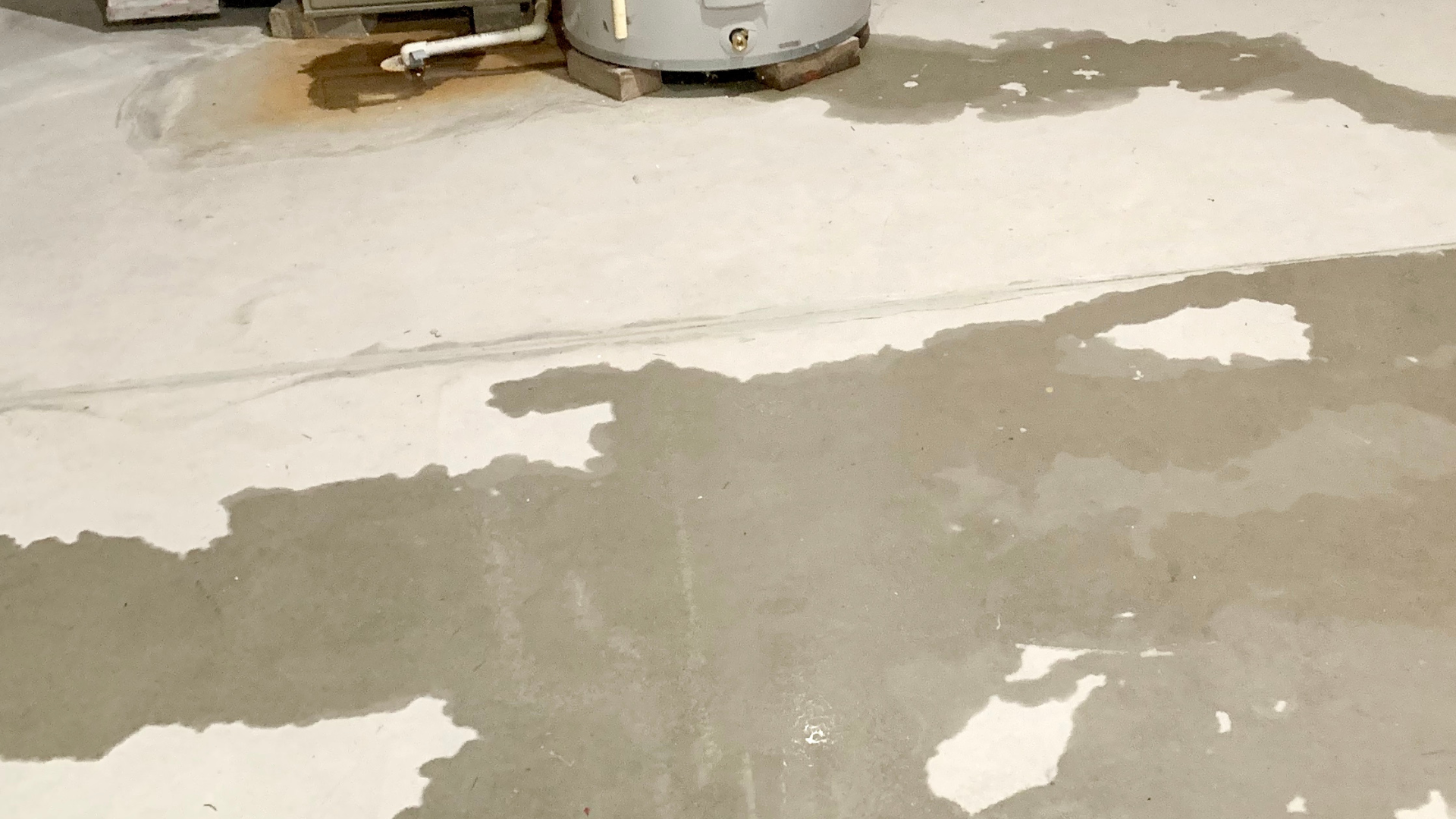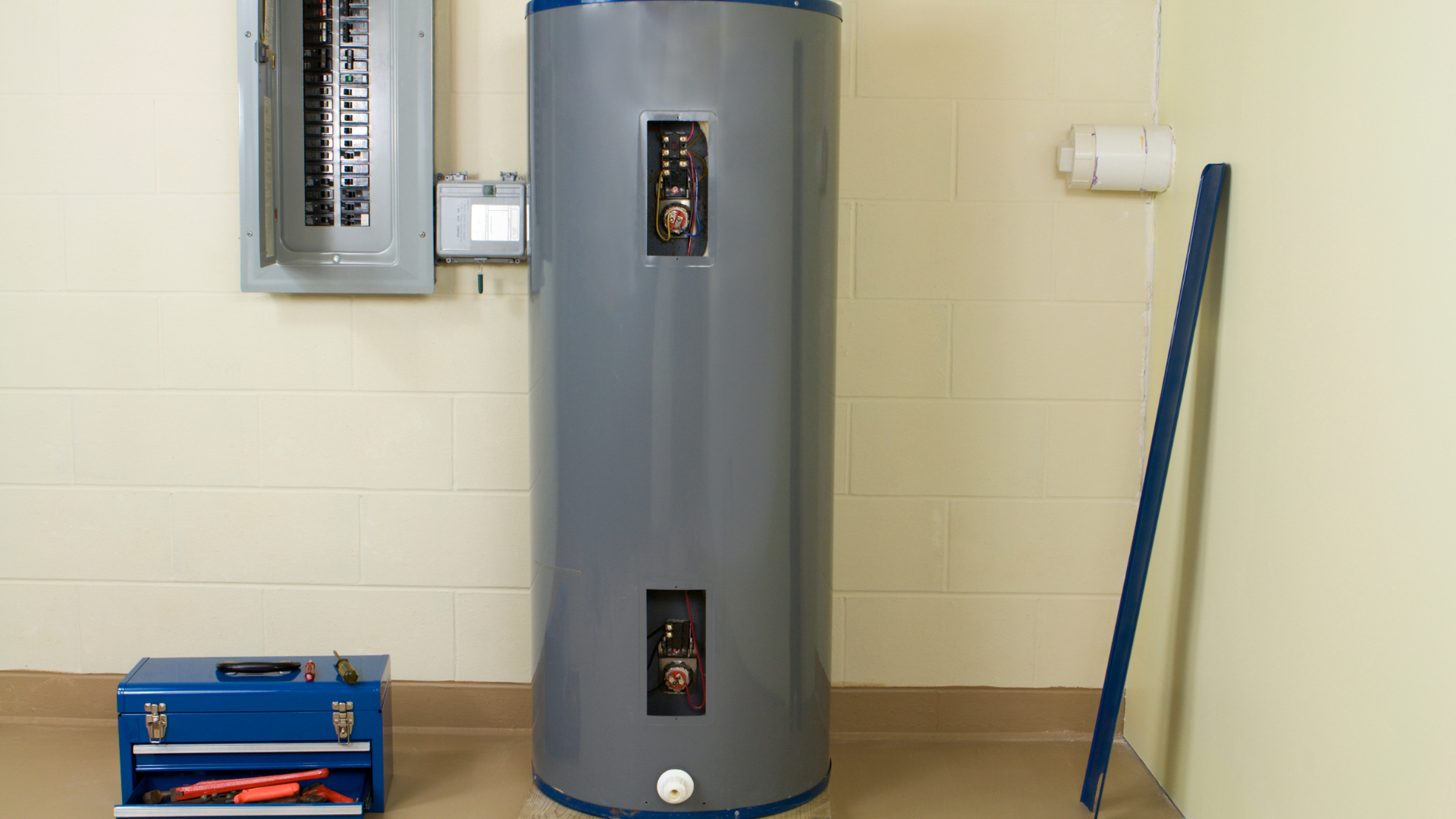Ohio
Your Ohio Home Project: Understanding Licensing, Sales Tax, and Verification

Planning a home improvement project in Ohio requires a dual understanding of contractor licensing: statewide for certain specialized trades and local for most general contracting work. Additionally, knowing how sales tax applies to construction projects is essential for a smooth and compliant experience.
Contractor Licensing in Ohio: State for Trades, Local for General
Ohio's approach to contractor licensing is unique, with authority split between a state board and numerous local jurisdictions.
Ohio Construction Industry Licensing Board (OCILB) - Statewide Trade Licenses:
- The Ohio Construction Industry Licensing Board (OCILB), part of the Ohio Department of Commerce's Division of Industrial Compliance, issues statewide licenses for commercial contractors in five specific trades:
- Electrical Contractors
- HVAC Contractors
- Plumbing Contractors
- Hydronics Contractors
- Refrigeration Contractors
- While these are designated as "commercial" licenses, many local building departments require these state licenses for residential projects within their jurisdiction as well.
- Requirements for an OCILB license generally include:
- Being at least 18 years old and a U.S. citizen or legal alien.
- Demonstrating at least five years of experience in the specific trade (or three years as a registered engineer in that trade).
- Passing a trade-specific examination and a business and law examination (administered by PSI).
- Having a minimum of $500,000 in general liability insurance coverage.
- Completing a state and federal background check.
- Paying application and licensing fees.
- These licenses are often referred to as "Master Licenses" and signify a high level of competency in that specific trade.
Local (City/County) General Contractor & Other Licenses:
- Ohio does NOT have a statewide general contractor license.
- Instead, general contractor licenses and residential remodeling/home improvement licenses are issued at the city or county level. This means requirements vary significantly depending on where your project is located.
- Many major cities in Ohio, such as Columbus, Cincinnati, and Cleveland, have their own specific licensing or registration processes for general contractors, remodelers, and other trades not covered by the OCILB (e.g., roofing, carpentry, painting, drywall).
- Local requirements commonly include:
- Business registration with the city/county.
- Passing a local exam.
- Proof of general liability insurance (amounts vary, e.g., $100,000-$500,000).
- A surety bond (common in cities like Columbus and Cleveland, often $10,000-$25,000).
- Proof of worker's compensation insurance (if applicable).
- Potentially a background check.
- It is absolutely critical to contact the building department or permitting office of your specific city or county to understand their local contractor licensing and permitting requirements.
Key Takeaways for Homeowners:
- For electrical, plumbing, HVAC, hydronics, or refrigeration work, ensure the contractor (and the individual performing the work, if different) holds the proper OCILB state license. Even for residential projects, this is often required by local municipalities.
- For all other home improvement work (general remodeling, roofing, painting, etc.), verify the contractor is licensed or registered by your specific city or county.
- Always ensure your contractor is properly insured, regardless of state or local licensing.
Sales Tax on Home Service Projects in Ohio
Ohio has a state sales and use tax rate of 5.75%. Additionally, counties and regional transit authorities may levy their own sales taxes, bringing combined rates to 6.5% to over 8% depending on the location.
Here's how sales tax generally applies to home service projects in Ohio:
- Contractors as Consumers for Real Property Improvements:
- In Ohio, when a contractor performs services that result in tangible personal property becoming permanently affixed to real property (i.e., your home, a building, or land), the contractor is generally considered the "consumer" of those materials.
- This means the contractor pays sales or use tax on their purchase of all materials, supplies, and equipment from their suppliers (e.g., lumber, fixtures, wiring, pipes, paint). This tax is paid at the time the contractor acquires the materials.
- Therefore, the contractor DOES NOT typically charge you, the homeowner, sales tax on the total contract price (which includes both materials and labor) for the completed real property improvement. The sales tax on the materials is already paid by the contractor and is built into their overall project cost.
- This "contractor as consumer" rule applies to most typical home improvement projects like building new homes, remodeling, additions, roofing, installing plumbing/electrical systems, and painting that permanently changes the property.
- Labor for Real Property Improvements is Not Taxable:
- The labor portion of construction activities that results in a permanent improvement to real property is generally not subject to sales tax when billed to the homeowner.
- Exceptions (When Services/Goods are Taxable to the Customer):
- If a contractor sells and installs tangible personal property that does not become a permanent part of the real estate (e.g., installing carpeting that can be easily removed, or certain standalone "business fixtures" in a commercial setting), then the contractor would collect sales tax from the customer on the entire charge (materials and labor).
- Similarly, certain specific services in Ohio are taxable (e.g., some landscaping services like lawn care, but not landscaping involving permanent installation).
- Tools, equipment, and temporary items used by the contractor (like scaffolding or temporary fencing) are also taxable to the contractor, but not passed on as sales tax to the customer.
It's always crucial to have a clear, written contract that details how pricing is structured and clarifies that sales tax on materials is handled by the contractor directly. For definitive information, consult the Ohio Department of Taxation's guidance for construction contractors.
How to Verify Licensing in Ohio
Verifying a home service contractor's licenses in Ohio requires checking both state-level boards and your local municipal offices.
Ohio Construction Industry Licensing Board (OCILB) - License Lookup:
- Use this tool to verify statewide licenses for electrical, HVAC, plumbing, hydronics, and refrigeration contractors.
- You can search by license number, individual name, or company name. The lookup will show the license status (active, expired, suspended), license type, and any disciplinary actions.
- OCILB License Lookup: https://elicense4.com.ohio.gov/Lookup/LicenseLookup.aspx (or search "Ohio OCILB license lookup")
Local City/County Building Departments/Licensing Offices:
- This is where you verify general contractor licenses and other specific local trade licenses (e.g., roofing, general remodeling, carpentry).
- Always contact the building department or permitting office of your specific city or county where the work will be performed. They can confirm local licensing or registration requirements and whether the contractor is authorized to work in their jurisdiction. They can also tell you if permits are needed for your project.
- Examples to search for on official city websites:
- City of Columbus Department of Building and Zoning Services
- City of Cincinnati Department of Buildings and Inspections
- City of Cleveland Department of Building and Housing
Ohio Secretary of State - Business Entity Search:
- Any legitimate business operating in Ohio should be registered with the Ohio Secretary of State. This confirms their legal existence.
Proof of Insurance and Bonding:
- State and local licenses often require specific insurance and/or bond amounts. Always request a Certificate of Insurance (COI) directly from the contractor's insurance provider. This document will detail their specific coverage limits for general liability and, if they have employees, workers' compensation insurance, confirming they are active.
- If a surety bond is required by local or state regulations, request proof of that bond from the bonding company as well.
By diligently performing these verification steps, you can significantly reduce your risk and ensure you're working with a legitimate and qualified professional for your Ohio home project.
Sources and Resources:
- Ohio Construction Industry Licensing Board (OCILB) - Ohio Department of Commerce:
- Official Website: https://com.ohio.gov/divisions-and-programs/industrial-compliance/boards/ohio-construction-industry-licensing-board
- OCILB License Lookup: https://elicense4.com.ohio.gov/Lookup/LicenseLookup.aspx
- Official Website: https://tax.ohio.gov/
- Sales and Use Tax Information for Construction Contractors: Search their site for "Construction Contract" or "Sales and Use Tax for Construction Contractors." Rule 5703-9-14 of the Ohio Administrative Code is particularly relevant.
- Local City/County Building Departments & Licensing Offices:
- You will need to search the official websites for your specific municipality (e.g., Columbus, Cincinnati, Cleveland, Akron, Toledo, Dayton) for their local contractor licensing, registration, and permitting requirements.
Click Another Article to Read More










